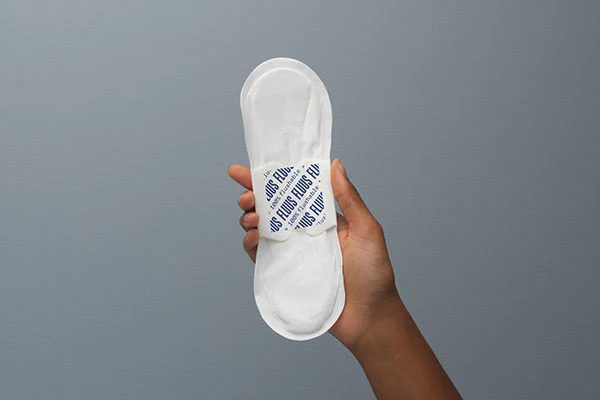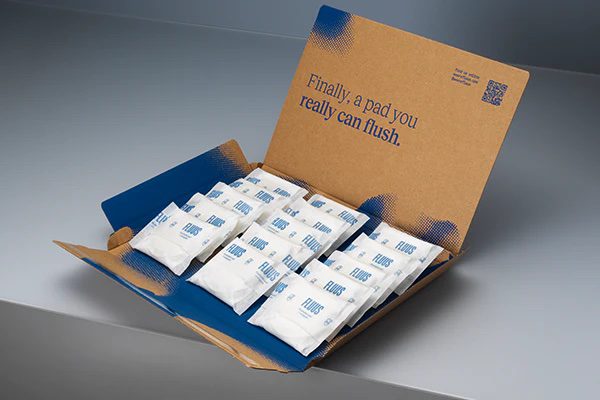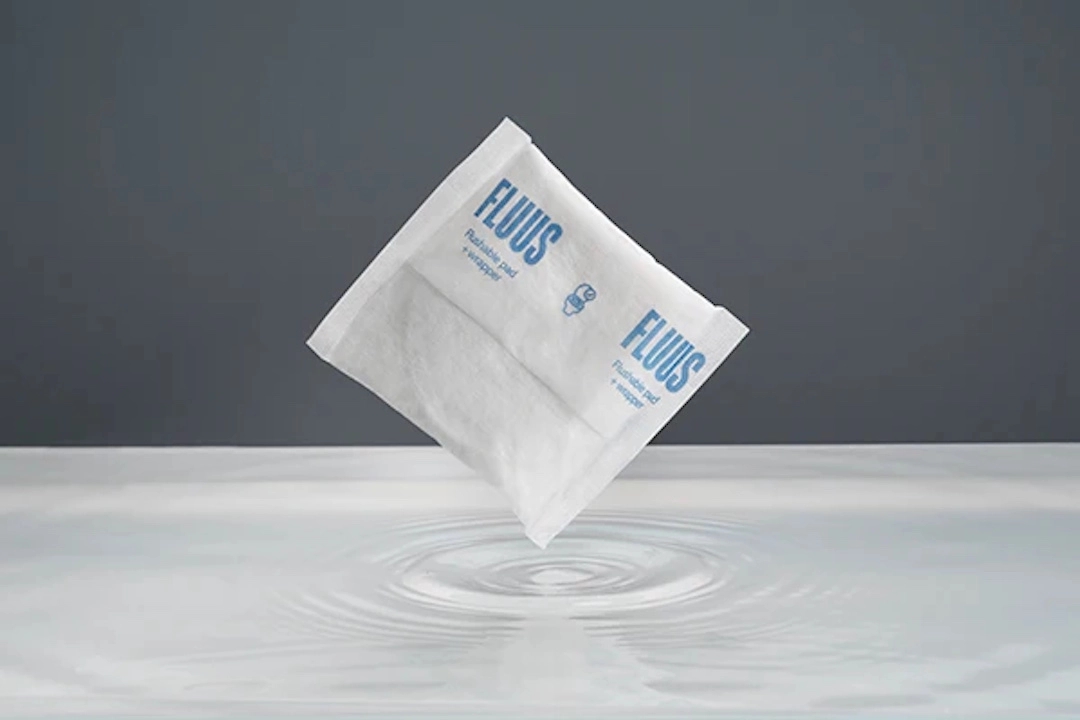Menstrual cycle and environmental impact? An “odd couple” of challenges, each challenging in his own way. Many products to manage "that" time of the month, in fact, contain plastic and can take up to 500 years to decompose. The British startup Fluus has decided to have its say on both the cycle and the environment, creating the first biodegradable sanitary napkin that can also be flushed down the toilet.
Pollution from tampons is an absurdly underestimated problem
A traditional sanitary pad it is made up of 90% plastic: a single pack contains the equivalent of four large bags. If we think about the daily use of these products around the world, it is easy to imagine the enormous environmental impact they generate. Do you want a hand in imagining? Okay. Millions of tons of plastic waste.
What if biodegradable sanitary pads were enough to solve the problem? Fluus believes it. The eco-friendly sanitary napkin he developed is primarily made of three materials: plant cellulose for the top and bottom, a core of biodegradable polymers and plant cellulose as the “filling,” and tree sap instead of the adhesive typical of traditional sanitary pads. .

How does it work?
Once thrown into the toilet, the Fluus absorbent disintegrates in the sewer system and, when it reaches the purifier, is reduced to minimal dimensions. It is then treated along with toilet paper and wastewater, turning into clean water and fertilizer.
A solution that also makes "disposal" easier in situations in which one often feels uncomfortable having to dispose of a used sanitary napkin. Good for us, good for the environment: traditional sanitary pads take centuries to decompose in landfill, an excessive amount of time for a product that is only used for a few hours. No?

A greener (and more comfortable) future
Fluus biodegradable sanitary pads represent an interesting step in the direction of a more sustainable future. This solution reduces pollution, and also offers more convenience to those who choose it.
A way to change the color of this special traffic light, transforming a "red" period into a "green" occasion.
The planet thanks!


